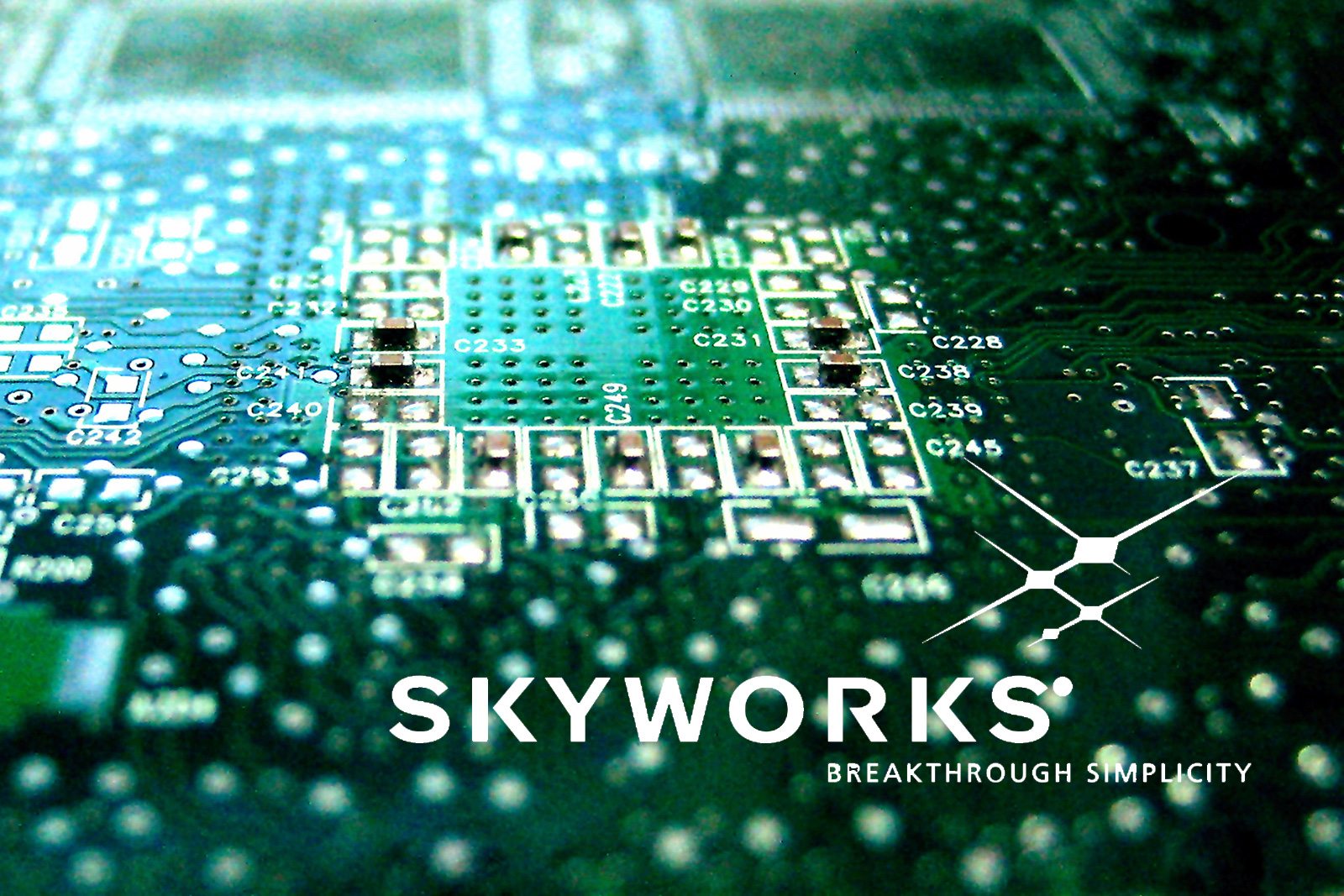IDC says the IoT market will accelerate from $655.8 billion in 2014 to $1.7 trillion in 2020-for a 16.9% compound annual growth rate.
If you're unfamiliar, the Internet of Things refers to the connection of everyday objects-from coffee makers to thermostats to industrial sensors-to the Web.
Most people see the IoT as a consumer-driven phenomenon, but there's a lot more to it than simply controlling your garage door or home lighting with a smartphone.
"While wearable devices are the consumer face of the Internet of Things (but) the real opportunity remains in the enterprise and public sector markets," said Vernon Turner, IDC senior vice president and research fellow (IoT), enterprise systems.
Security Worries Linger
Despite that sunny forecast, and a bevy of others, the IoT still faces some considerable hurdles.
For example, data breaches like last fall's hack on Sony (SNE) , as well as high-profile attacks on Home Depot (HD) ,Target (TGT) and Ashley Madison, don't encourage businesses and consumers to buy more Web-enabled products.
What's more, no dominant set of standards yet exists for connecting different devices to each other and to a larger network, creating a potential drag on the IoT's potential. To understand how meaningful a catalyst settling on a standard can be for the growth and adoption of key technologies, look no further than the data "Standards War" outlined in this free presentation.
Three Market Leaders
Despite these challenges, the IoT is an established trend that's well worth following. Here are three stocks leading the way in this growing market-two large caps and a smaller player in a growing niche:
Google Inc. (GOOG - Get Report) (GOOGL - Get Report) : It's tough to write about any tech trend these days without mentioning Google, which is now reorganizing itself into a conglomerate called Alphabet (the company is also a goodrobotics play).
Nest is now tapping into the home-monitoring trend with its NestCam Web-enabled camera, which lets you keep tabs on your abode from a smartphone and tips you off if it picks up any untoward sounds or movements. Nest's devices also work together: when your Nest smoke detector senses smoke, for example, your NestCam will automatically make a recording.
Now the search giant is moving from appliances to software through its Brillo IoT operating system, announced in May. Brillo will be Android-based and, along with Google's new Weave protocol, will let in-home devices communicate more easily with one another and your smartphone.
To be sure, these initiatives-even Nest, Google's second-biggest acquisition ever-are dwarfed by the company's online ad business, the source of 90% of its revenue. But they do help the company compete with Apple (AAPL - Get Report) , which is also taking aim at the smart home market with its rival HomeKit home-automation framework.

Skyworks Solutions (SWKS - Get Report) is mainly known for the chips that keep mobile devices running. That includes the iPhone 6 and 6 Plus, which each contain about $4 of components from the company, according to Sterne Agee analyst Vijay Rakesh. (We'll have to wait for tear-downs of the new iPhone 6S and 6S Plus to see how much Skyworks gear made it into the latest generation.)
According to estimates from Oppenheimer & Co. analyst Richard Schafer, Apple is Skyworks' No. 1 customer, supplying 35% to 40% of its revenue. Other mobile clients include Chinese producers like Xiaomi-the world's fourth-largest smartphone maker-and Samsung Electronics (SSNLF) .
The mobile business is Skyworks' mainstay, but the company continues to parlay its expertise into other areas, which is where the Internet of Things comes in.
In May, for example, it released a new line of RF switches specifically for the IoT that can operate at high temperatures, making them suited to smart lighting and energy applications. And in June, Skyworks opened a new research lab in San Diego with a specific focus on the IoT, as well as the 4G and 5G wireless protocols. In the latest quarter, Skyworks spent just shy of 10% of its sales on R&D.
The company delivered strong quarterly results in July and doubled its dividend in June. Last month, CEO David Aldrichtold CNBC that the company's non-mobile business now accounts for 24% to 25% of revenue and is growing quickly.

Unlike Google and Skyworks, Sierra Wireless (SWIR - Get Report) is entirely focused on the IoT. The Vancouver-based company makes embedded wireless modules that, as the name suggests, let machines communicate through a wireless network.
Sierra is much smaller than Skyworks and a tiny fraction of search behemoth Google, with a market cap of around $700 million. The stock has also fallen sharply this year on concern that sales growth at the company's core original equipment manufacturer (OEM) business is slowing.
But on the positive side of the ledger, you'll find a healthy balance sheet, with $96 million in cash and no debt, and aroughly one-third share of the embedded wireless module market (the next two competitors trail at around 20% apiece). Like Skyworks, Sierra puts a heavy emphasis on R&D, to the tune of 11.3% of sales in its latest quarter.
The company is looking to boost its sales through acquisitions, the latest being France's MobiquiThings in a 14-million-euro deal that closed earlier this month. MobiquiThings is a mobile virtual network operator-meaning it leases access to wireless networks rather than running its own-that manages IoT connectivity in the energy, transportation, security, retail and health care sectors.
Connected cars are another promising area for the company: Tesla Motors (TSLA) , for example, uses Sierra's modules in its in-car infotainment system, and the firm also counts automakers like Toyota, Lexus, Chrysler, BMW and France's Peugeot Citroën as clients.
This is a fast-growing niche within the IoT: according to research firm Markets and Markets, the connected car market will expand at a 10.8% compound annual rate between 2014 and 2020.
By Chad Fraser
No comments:
Post a Comment